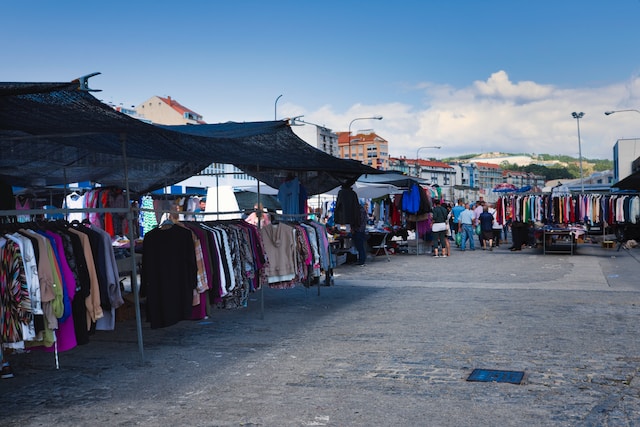Is it Legal to Sell Replica Products in Kenya?
As per the Kenyan law, it is not legal to sell replica products in the country. This means any form of selling or distributing goods that imitate original products without permission from the trademark holder is considered illegal. The Kenyan Anti-Counterfeit Act strictly prohibits the sale of counterfeit goods, which includes replica products. Replica goods are seen as deceptive, as they attempt to mimic the brand, design, and quality of genuine products. It is crucial to understand that the sale of such items not only violates the intellectual property rights of the original manufacturers but also deceives the consumers.
What are the Laws and Penalties for Selling Counterfeit Goods in Kenya?
The Kenyan Anti-Counterfeit Act outlines the laws and penalties for selling counterfeit goods. Under this Act, anyone found guilty of dealing with counterfeit goods, including manufacturing, importing, exporting, or distributing, can face a fine of up to Ksh 2 million or imprisonment for up to 5 years, or both.
The Kenyan Intellectual Property Institute (KIPI) is responsible for enforcing these laws and has the power to seize and destroy counterfeit goods. Moreover, individuals can also be sued by the trademark owner for damages.
What are the Current Counterfeit Goods Regulations in Kenya?
The current counterfeit goods regulations in Kenya are governed by the Anti-Counterfeit Act of 2008. This Act gives the Anti-Counterfeit Agency the power to inspect, seize, and destroy counterfeit goods. It also provides for the protection of intellectual property rights and outlines the penalties for offences related to counterfeit goods. These regulations apply to all types of counterfeit goods, including clothing, electronics, and watches.
Which Replica Watches are Popular in Kenya?
Despite the strict laws against counterfeit goods, some replica watches are still popular in Kenya. Brands such as Rolex, Omega, and Tag Heuer are commonly counterfeited. These replicas often come with convincing packaging and markings, making it difficult for consumers to distinguish them from the real thing. However, they are typically made of inferior materials and lack the precision and durability of genuine watches.
Where are the Kenyan Markets that are Known for Selling Counterfeit Goods?
Several markets in Kenya are notorious for selling counterfeit goods. These include the Gikomba market in Nairobi, which is known for selling counterfeit clothing and shoes from brands like Gucci, Nike, and Adidas. Other markets include Muthurwa market and Toi market. However, it’s important to note that not all goods sold at these markets are counterfeit, and many vendors sell legitimate products.
What Government Laws Regulate the Sale of Counterfeit Goods in Kenya?
The Kenyan government has several laws that regulate the sale of counterfeit goods. These include the Anti-Counterfeit Act of 2008, the Trade Descriptions Act, and the Copyright Act. These laws are enforced by the Anti-Counterfeit Agency and the Kenyan Intellectual Property Institute.
The Anti-Counterfeit Act provides for the prohibition of trade in counterfeit goods, while the Trade Descriptions Act prohibits false or misleading indications as to goods and services. The Copyright Act protects literary, musical, and artistic works, among others, from being counterfeited.
Despite these laws, counterfeit goods remain a significant problem in Kenya. Therefore, both consumers and businesses should be vigilant to avoid falling victim to counterfeit goods.
While it's clear that all the legal repercussions are on the seller, the buyer should make sure to find a trusted dealer, since there is a lot of scam in the replica industry. If you are in the market for Replica Rolex watches, make sure you choose a trusted and reputable vendor.
